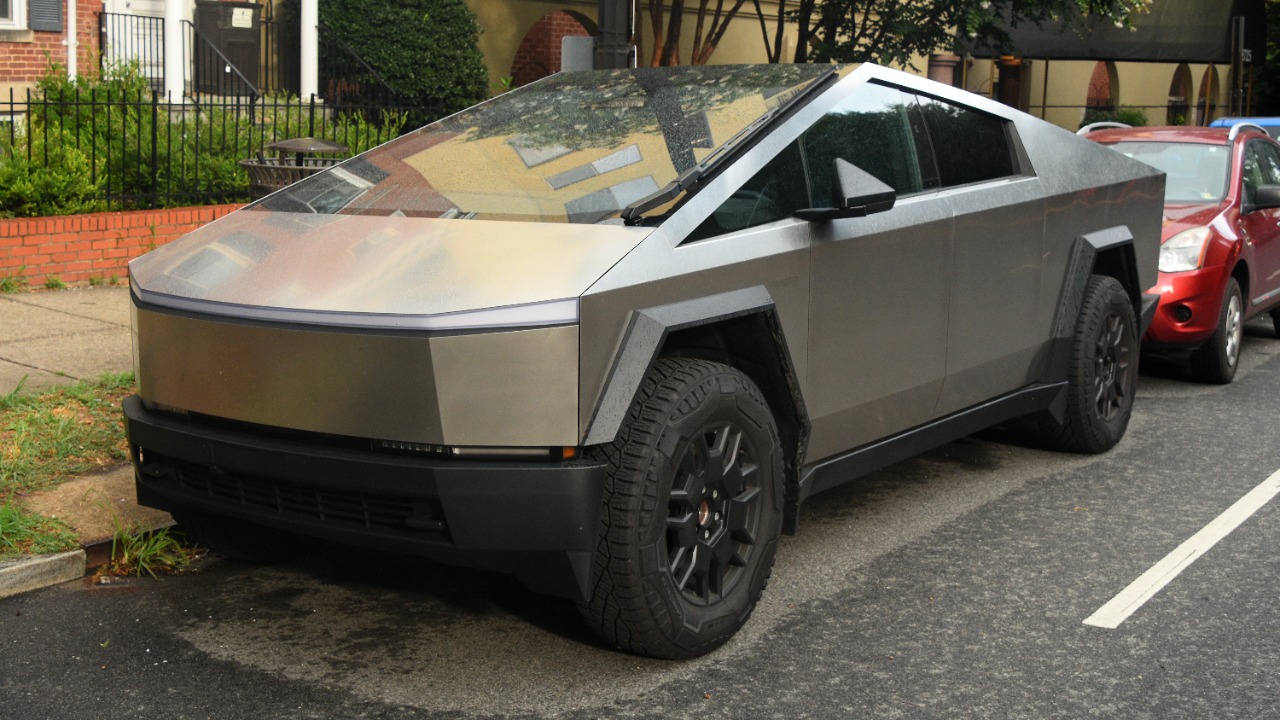
The Tesla Cybertruck, with its futuristic design and stainless steel exoskeleton, has captured the imagination of many automotive enthusiasts. However, recent reports of rusting issues on brand-new models have raised questions about its durability and quality. This article explores the evidence and implications of these claims, examining whether they pose a significant problem for Tesla’s ambitious vehicle.
The Allegations of Rusting
Reports from new Tesla Cybertruck owners have begun surfacing, highlighting concerns about rust on these brand-new vehicles. Some of the affected owners are located in regions known for heavy rainfall, which raises questions about the Cybertruck’s resilience in wet conditions. These reports have started to cause a stir in the automotive community, as buyers expect a high level of quality from a brand like Tesla.
Social media and online forums are abuzz with discussions about this potential issue. Platforms such as Twitter, Reddit, and Tesla-specific forums have seen an increase in photographs and firsthand accounts detailing the rust problems. While some of these claims are accompanied by visual evidence, the credibility of each post varies. The Tesla community online is actively debating the validity of these claims and whether they represent isolated incidents or a broader manufacturing concern.
Understanding the Cybertruck’s Material
The Cybertruck’s stainless steel exoskeleton is a key feature that sets it apart from other vehicles on the market. This material is chosen for its strength and corrosion resistance. Typically, stainless steel is less prone to rust than other metals, but it is not entirely immune. Environmental factors, like exposure to saltwater or acidic rain, can compromise its integrity over time.
Investigating Tesla’s manufacturing processes may provide insights into how rust could occur on these vehicles. The effectiveness of protective coatings is crucial in preventing corrosion, but any lapses in the application or quality of these coatings could lead to rusting. It’s essential to examine whether any oversights in the production process could be contributing to the reported problems.
Tesla’s Response and Quality Assurance
Tesla has yet to release an official statement addressing these rust allegations comprehensively. However, the company’s reputation for swift action in response to quality concerns suggests that measures could be underway. Potential steps might include recalls, repairs, or an investigation into the manufacturing process to identify and rectify any issues causing rust.
The impact of these rust reports on Tesla’s brand reputation could be significant. Consumer trust is paramount, and any perception of declining quality control could affect the company’s market performance and Cybertruck sales. How Tesla manages this situation will likely play a crucial role in maintaining its status as a leader in the electric vehicle industry.
Consumer Protection and Next Steps
Cybertruck owners experiencing rust issues should be proactive in seeking resolution. They can start by contacting Tesla’s customer service to report the problem and inquire about warranty coverage for repairs. Legal options might also be available for those seeking compensation or a replacement if the issue is widespread.
As this situation unfolds, it’s important for owners and prospective buyers to stay informed about any developments. Tesla may implement changes in future Cybertruck models to address rust concerns, and ongoing investigations could provide further insights. Monitoring updates from consumer protection agencies and automotive experts will be crucial for understanding the full scope and resolution of this issue.